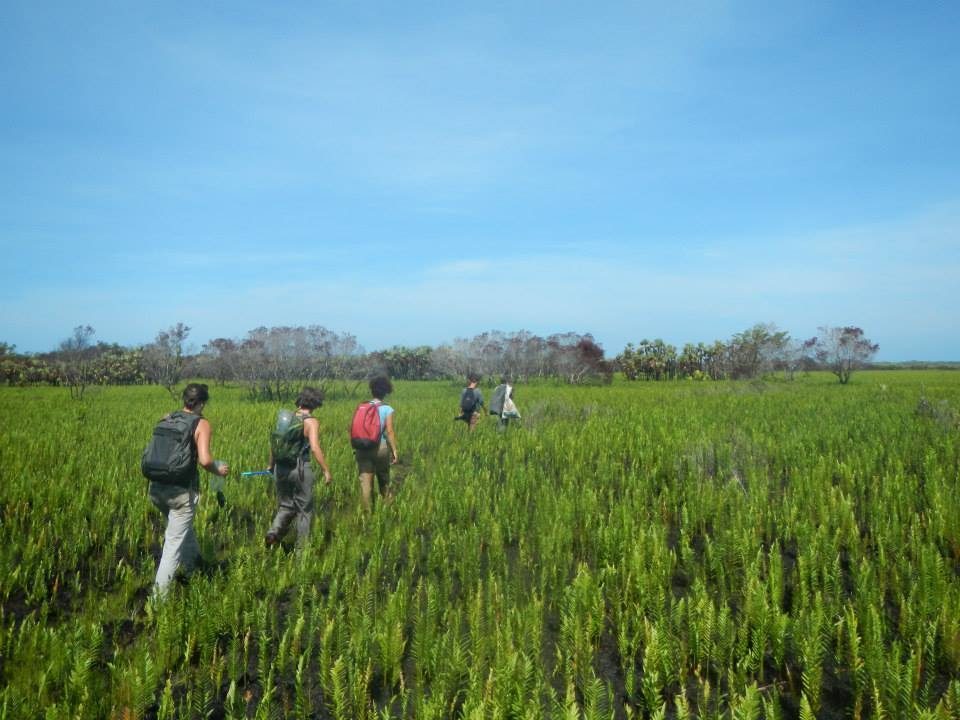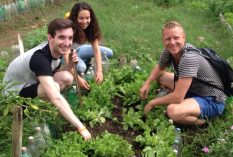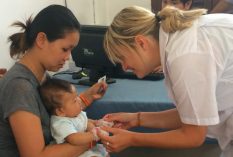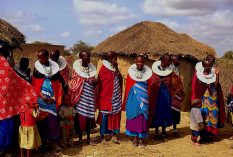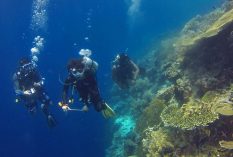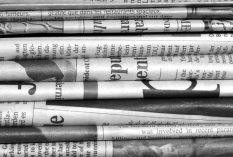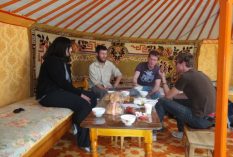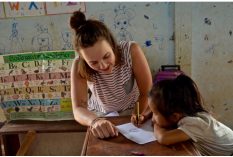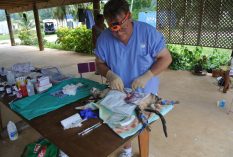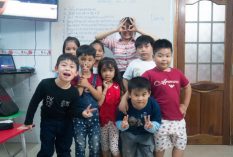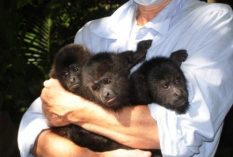When I first heard about the project I was attending a lecture made by my ESS (Environmental systems and Societies) teacher. He told us that he had found it on the Internet and that if someone was interested, we could go and ask for more information. The first thing I did when I got home was read about the project more in depth, and I decided that I was going to do it.
My pre-departure planning was carefully meditated and assessed by Jeremy Freedman from Global Nomadic, who answered all my questions.
Luckily I had economical support from my parents, and thanks to them I was able to fully finance my trip.
My main aims were to learn as much as possible and to help the local community and Kanahau as much as I could.
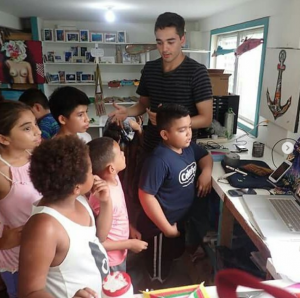 My first day was really fun, all the volunteers and the staff members went out to catch some Iguanas in an urban environment, in order to learn more of their behaviour. It was fun and I learnt a lot about the behaviour of the Iguanas in the urban environment, like for example, they will only venture far from their hole/nest if it’s a really sunny day and they consider they can get a better spot somewhere else to lay under the sun.
My first day was really fun, all the volunteers and the staff members went out to catch some Iguanas in an urban environment, in order to learn more of their behaviour. It was fun and I learnt a lot about the behaviour of the Iguanas in the urban environment, like for example, they will only venture far from their hole/nest if it’s a really sunny day and they consider they can get a better spot somewhere else to lay under the sun.
The staff members were always kind and willing to help with any problem that I had (Not that I had any to be honest), everyone really cared about how the volunteers felt and if they needed anything else besides the provided accommodations.
The accommodation was better than I expected, I was provided with a mattress and bed sheets, and the room had air conditioner. The house ran on solar power of course, and because of that sometimes we did not have enough power, but that wasn’t much of a problem, since we usually had power for most of the night.
The food was amazing, mostly vegetarian menu, but that’s understandable since many people there were vegetarian.
I consider that I made a lot of new friends among the volunteers and staff members at Kanahau already in my first week, since everyone there was friendly and eager to make friends.
In my opinion I do think that this project makes an impact on its field, since the island of Utila is still yet to be fully researched and catalogued, and even though I think this is just the beginning, with some luck, more volunteers will go there and help develop the project.
I cannot tell if I made a difference, but I did try to help as much as I could. I offered my help with everything I could or ha energy to do.
My major challenge was the mosquitoes. At the time I arrived to Utila every place I went was full of them. This proved to be a challenge since I had to wear long 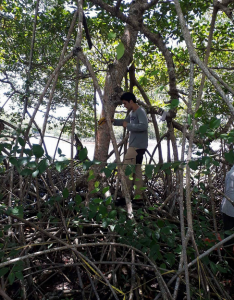 sleeve shirts to do field work, and with the constant heat it became a problem. At nights I could not sleep very well since my whole body was itching from the mosquito bites. Luckily the local community shop, which Kanahau collaborates with, sold calm balms made by the locals that allowed me to sleep at last.
sleeve shirts to do field work, and with the constant heat it became a problem. At nights I could not sleep very well since my whole body was itching from the mosquito bites. Luckily the local community shop, which Kanahau collaborates with, sold calm balms made by the locals that allowed me to sleep at last.
I am most proud of my time volunteering at the community shop, there I was able to interact more with the community and help the managers of the store (who are also part of Kanahau) to introduce a photography competition project to the local kids.
But what I am most proud of is of the workshop I helped organize one Thursday afternoon. We gathered some kids in the community shop and we taught them how to build a chessboard and its pieces out of recycled materials such as wine corks. I prepared a little presentation about the three “R” (Recycle, Reusing and Reducing). Their level of awareness on such things surprised me, since they were only about 11 years old.
The extra activities were not many, but they were really fun. One day we went kayaking through the canal that goes through the island, and then we went to do some snorkelling on the beach. Another day we went partying at night, since it can’t all be hard work.
The project met my expectations and surpassed them, I learnt more than I expected and I was able to do many different activities, thus expanding my knowledge on both natural and social science.
I would recommend this project to everyone that is interested in raising environmental awareness and researching in order to create a better future. In fact I will recommend this project to my friends, because I know they might be interested in it.
Wildlife Research Internship in Honduras

